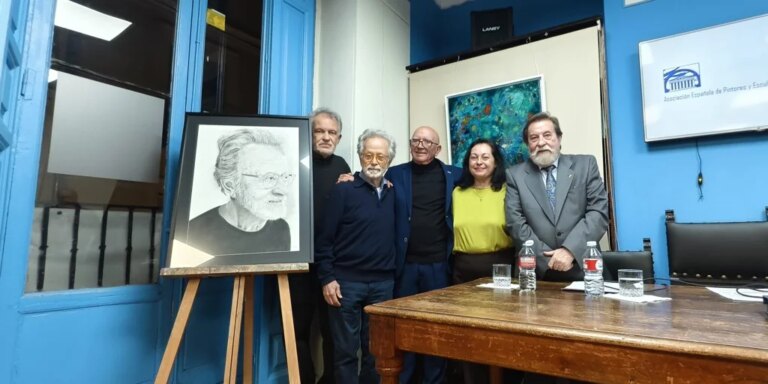
Pedro Sánchez has once again shown an instinct to position himself in the forum that best suits him ideologically, even if it means diluting Spain’s historical role in Latin America. His enthusiasm for the European Union-Serac summit to be held in … Colombia’s Santa Marta responds less to national strategy and more to his political affinity with Gustavo Petro and Lula da Silva, whom he considers allies in progressive rhetoric.
The Community of Latin American and Caribbean States (Celac) intentionally excludes Spain, Portugal, and the United States. This is a political decision, not a bureaucratic inaction or a diplomatic technicality. Serac was conceived as a counterweight to the OAS, in which Washington and Canada have special weight, and the Ibero-American Summit, in which Spain and Portugal have an undisputed leading role. Over time, it became the encore office of the São Paulo Forum, allowing some leftist governments in Latin America to speak without unpleasant spectators. Mr. Sánchez’s preference for this forum reveals an alarming abandonment of true leadership.
This situation is the reason for the high number of absentees at the summit. Ursula von der Leyen, Emmanuel Macron, Giorgia Meloni and Javier Millay are not there. So is Gabriel Bolić, a left-wing Chilean man whose human rights ideas allow him to confront Nicolas Maduro in a way that Yolanda Díaz and Podemos did not. Meanwhile, Petro, Lula and Sanchez emerge united by recent friction with the United States. Agenda such as energy transition, immigration, organized crime and digital cooperation are broad and ambitious, but the results rarely go beyond good intentions and official photos. Rhetoric will be abundant. There are few or no binding decisions.
Meanwhile, the Summit of the Americas was canceled due to the deployment of US forces to the Caribbean. Washington claims to have sunk 17 ships and killed 70 people. These attacks, which governments in the region refer to as “extrajudicial executions,” are unilateral acts with no legal basis. The United States claims it has it, but so far it has not put that argument on the table. Lula is demanding that the issue be discussed in the serac, instead of the United Nations Security Council. This forum will therefore become just a stage, not a venue for real cooperation with Europe. The most important thing in a scenario is the position it occupies. Spain has historically acted as a bridge between the two coasts. The Ibero-American Summit provides leadership and plays an active role in the areas of education, health, and trade. In Cherak, he is a bit of an actor. Its influence will be dissolved under the label “European Union”. It is neither a lighthouse nor a bridge, but merely a partner in a cacophonous chorus.
Sánchez’s enthusiasm for this summit is in response to an ideological rather than a diplomatic vision. In a statement at COP30 in Brazil, he defended “opening up to other blocs” in the face of the “withdrawal” of certain regimes, an apparent reference to the United States. Diversifying your alliances is legitimate, but not at the expense of diluting your own role. Abandoning the Ibero-American axis will not strengthen Spain, it will turn it into a group.
Serac serves, among other things, to bring certain Ibero-American governments to mutual agreement. It is a forum for ideological self-affirmation, not for effective integration. Diplomacy is not built on exclusion or nostalgia for revolution. Spain must lead with realism, history and responsibility. The rest is geopolitical posturing.



